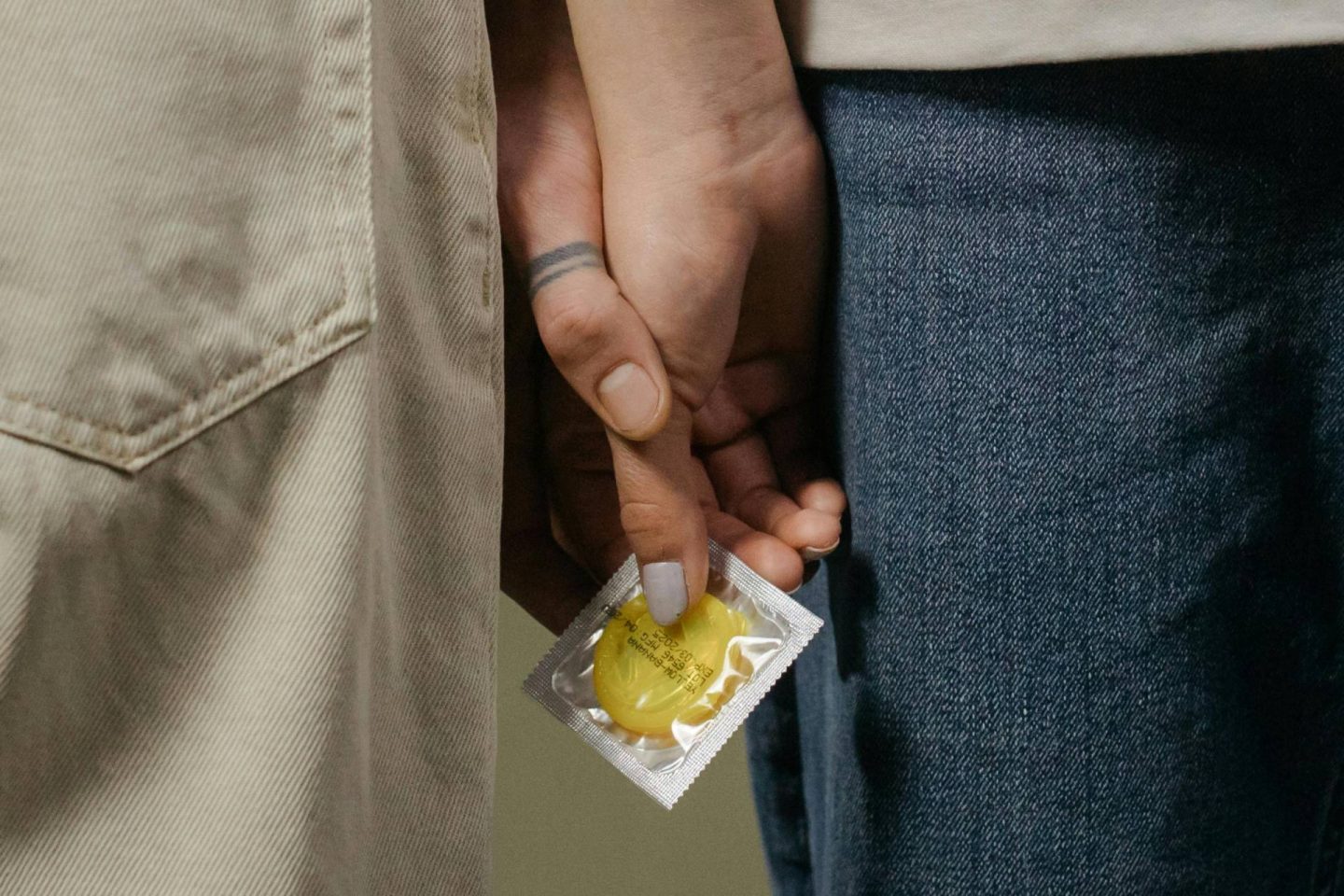*Collaboration
Rewind back to when you were learning about the birds and the bees at school, did you get taught about sexual health? And if you did, just how much do you actually remember? Do you ever talk sexual health with your friends? When was the last time you got yourself checked?
That’s a lot of questions to kick off a post with, but I do have a reason, I promise!
Curely, your trusted online pharmacy, have taken a look at a recent House of Commons Committee report to see how the UK is shaping up when it comes to the prevalence of sexually transmitted infections in young people and other high risk groups and you might be shocked at what they found out!
In response to the report, Sobia Qasim, Superintendent Pharmacist at Curely, said, “The rise in STIs is alarming, and as healthcare providers, we must support initiatives and work to reduce the stigma that prevents many from seeking timely care. Strengthening online resources and ensuring they are trustworthy is vital in today’s digital age, where many individuals first turn to the internet for advice on sexual health.”
But what does the report show?
Sex Education
Although sex education is taught in schools nationwide, it is often basic or rushed, with more focus given to examinable subjects. In Curely’s report, just over 46% said it covered the basics, but nearly 20% felt ‘not at all’ prepared, aligning with 2021 Department of Education research showing many young people learned more about sex online due to inadequate school teaching.
But to counteract that, almost 60% of people feel the internet spreads misinformation, so the fact that young people are getting their information from there poses an issue. While the internet can offer useful information, it isn’t regulated for quality or accuracy, allowing false messages to spread easily, especially on social media platforms like TikTok and X, where many youths gather their information.
Perception
Almost 30% of those surveyed said they had never discussed the topic with a healthcare provider, it does bring up the question of whether people are hesitant to talk about sexual health for fear of being judged. I know, I’d feel a little awkward talking to someone I didn’t know such as a doctor about my sexual health, despite knowing it’s the right thing to do!
Reducing stigma around sexual health by creating environments where people feel comfortable discussing it is crucial. This should begin in schools, helping young people grow up feeling confident to talk about their sexual health with medical professionals.
STIs & Contraception
At the moment, STIs are on the rise, especially among young people aged 15 to 24. This is a cause for concern as STIs such as genital herpes, genital warts, gonorrhoea and syphilis can have long-term complications and health problems and with poor sexual health education, this is a large cause for concern. Much like other sexual health conditions, people find it hard to talk openly about STIs. A whopping 85% of people who were surveyed agreed there was a lot of stigma around STIs. If this leads to people not getting tested, it could have a significant negative impact on their life.
In Curely’s survey, the most commonly used forms of contraception were condoms (37%) and birth control pills (21%). However, when asked how often they used contraception during sex, only 28% said they used it every single time! The remaining 72% were divided between most of the time, occasionally, rarely, and never! This got me wondering how many people who aren’t using contraception talk openly about their sexual pasts and health with partners!
Do you talk openly about your sexual health?

